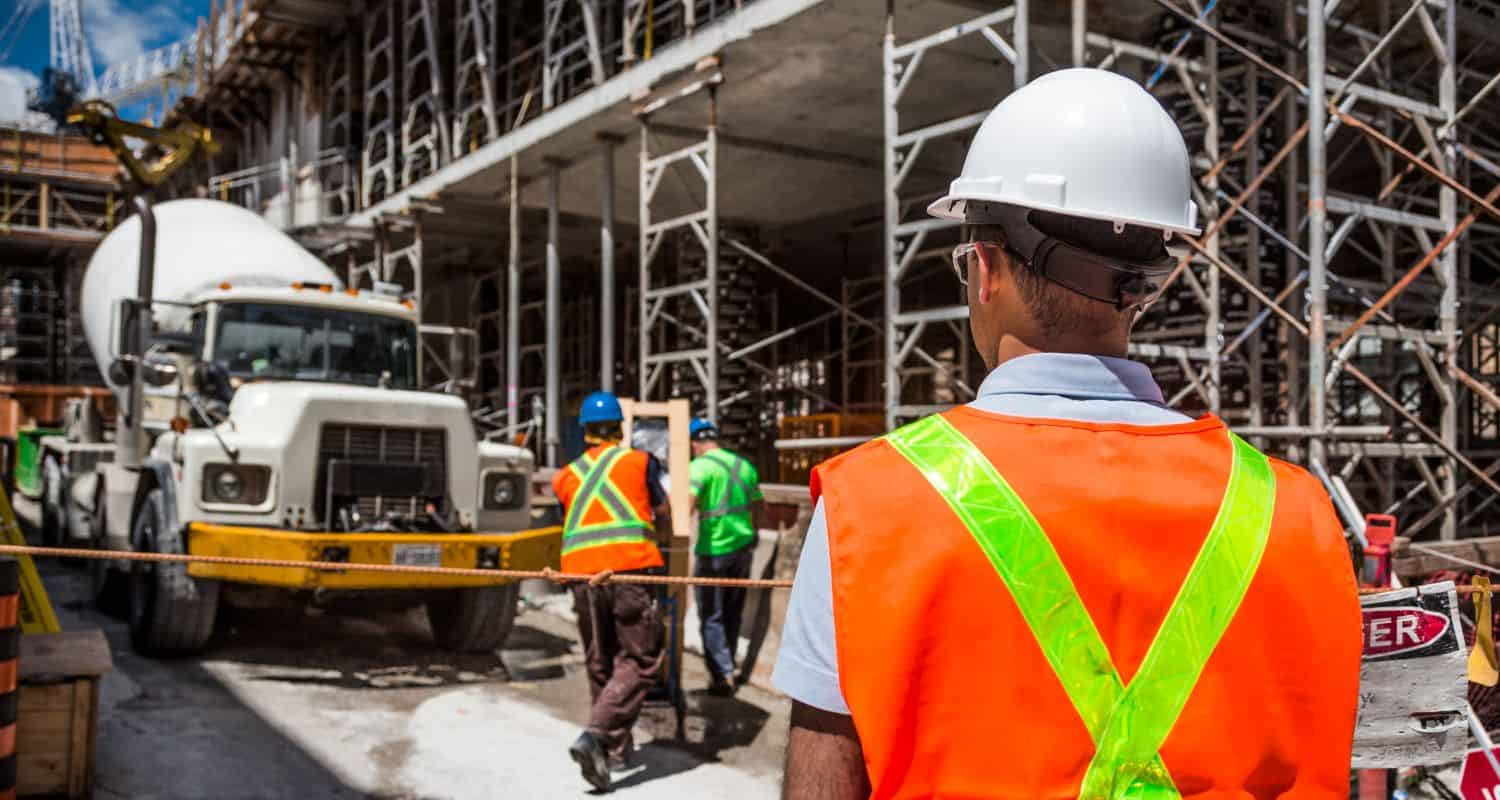
- How to Properly Clean Your Hearing Aids - April 15, 2024
- How to Handle Ear Infections With Hearing Aids - April 5, 2024
- Strategies for Working Professionals with Hearing Loss - March 27, 2024
The Centers for Disease Control and Prevention (CDC) reports that about 12% of the U.S. working population has hearing difficulty and that approximately 24% of the hearing difficulty among U.S. workers is caused by occupational exposures. When it comes to hearing loss, not all workplaces are created equal. A recent study has found that some professions and working environments may pose a greater threat than others when it comes to hearing loss.
Construction, Agriculture, and Music
Three industries which are particularly at risk for hearing damage have been identified as construction, agriculture and music, based on a recent study. The study called “Hearing Difficulties and Tinnitus in Construction, Agricultural, Music, and Finance Industries: Contributions of Demographic, Health, and Lifestyle Factors”, was published in the journal Trends in Hearing. The UK based study pulled from a large U.K. Biobank resource for epidemiology, which compiled data for more than 500,000 persons aged 40 to 69 years across England, Scotland and Wales.
Hearing Loss Risk Factors in the Workplace
What makes these industries a particularly higher risk for hearing than others? They all are industries where not only are you exposed regularly to high levels of sound but in which the culture of the job doesn’t have enough emphasis on hearing protection.
Music: It seems to make sense that people who work with sound would be at a higher risk for noise exposure – especially those who work with amplified sound at large stadiums and nightclubs. However, classical musicians are at an extremely high risk of hearing loss as well just as much who play more modern and amplified styles of music. This is because it’s not just the level of exposure but the length. Classical musicians tend to be very well trained, which means hours of practice. This can mean a violin next to your ears for hours causing just as much as a threat to hearing as someone who plays rock and roll, hip hop or pop hits.
Construction: There is a culture of hearing protection in the construction industry, however the machines used in construction often emit high levels of decibels. It doesn’t take more than just a few instances of negligence to damage hearing when operating a loud machinery. This especially true when you consider that people work at least eight hours a day, five days a week or more, surrounded by very loud sounds. It just takes one day where you forgot your hearing protection to cause permeant hearing damage. For instance, a jackhammer or chainsaw emit decibels which average over 100 dB, loud enough to damage hearing in just under 15 minuets!
Agriculture: Many people think of agriculture as a peaceful and quiet job. It’s easy to imagine in part due to targeted marketing that the job consists of quietly picking fruit and vegetables by hand in wide open fields. However, agriculture in the United States relies on large and loud machines to provide the wide demand for fully stocked grocery stores across the nation. These machines can emit damaging sounds, similar to construction sites. Tractor, combine, or riding lawnmower can cause over 100dB, loud enough to leave permanent hearing damage. Often farmers and agricultural workers have shifts which extend far beyond safe listening limits without wearing the proper protective equipment.
Protective Measures
While these industries can put your hearing at risk, when you prepare and are diligent with hearing safety, you can enjoy healthy hearing for years to come. The most common way to prevent hearing loss is wearing hearing protection. Hearing protection comes in all sorts of models and degrees. Foam ear plugs are the most affordable option but can easily be worn without a proper seal rendering them inert. For professionals who are serious about hearing protection, custom fit molded hear plugs are recommended. These create a better seal 100% of the time. Others enjoy protective earmuffs which fit over the ear but can put quiet a lot of pressure on the head.
If you work in a noisy working environment, don’t wait for hearing loss to happen to you. Wear your hearing protection diligently and if you do have a hearing loss, schedule a hearing exam with us today.
